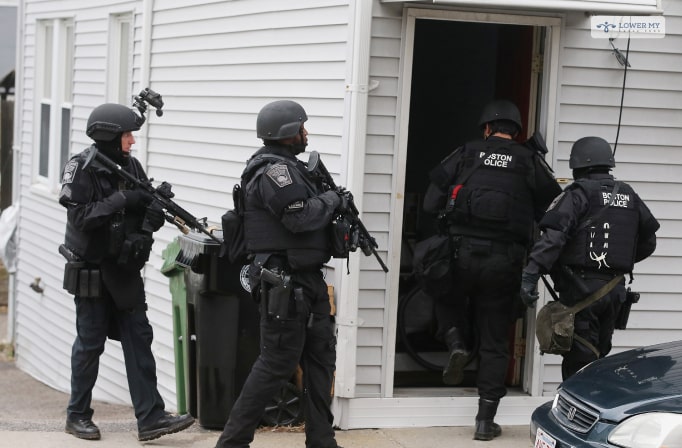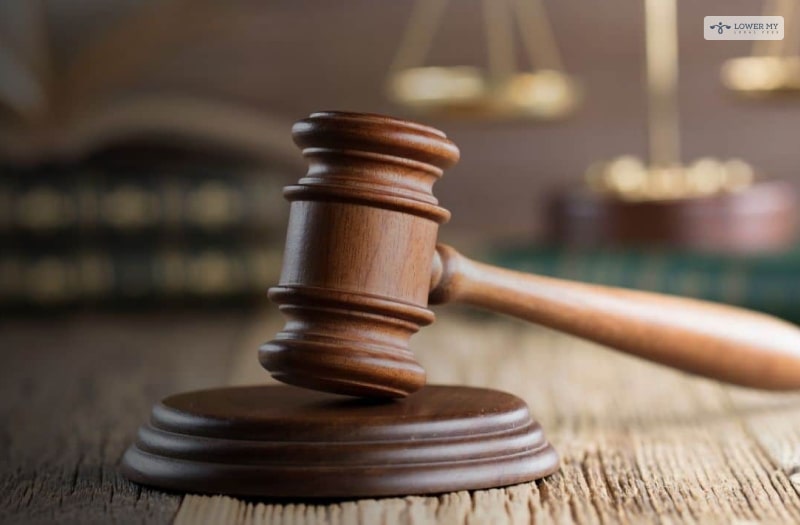Exigent circumstances – it’s a term that may sound daunting, but it’s a vital concept in law enforcement and criminal justice. Understanding it can make a difference in life-or-death situations, both for the public and law enforcement. In this guide, we’ll dive into exigent circumstances, breaking down what they are, when they apply, and the legal implications they carry.
What Are Exigent Circumstances?

Exigent circumstances – it may sound like a complicated legal term, but in reality, it’s a concept that plays a crucial role in the world of law enforcement. Let’s break it down in simple terms, so you can understand what it means and why it’s important.
Exigent Circumstances Defined
Exigent circumstances refer to those urgent, critical situations where law enforcement officers are allowed to take immediate action without obtaining a warrant. These situations typically involve emergencies, situations where evidence could be destroyed, or when there’s a threat to someone’s life or safety.
The “When” of Exigent Circumstances:
To apply exigent circumstances, a few key factors come into play:
Immediacy:
There must be an immediate need for action. These aren’t situations where you can say, “We’ll get a warrant and be back tomorrow.”
No Time for a Warrant:
Officers have to demonstrate that there’s simply no time to get a warrant before acting.
Probable Cause:
There should be a reasonable belief that a crime has been committed or someone’s safety is at risk.
The Legal Balancing Act:
Exigent circumstances are a powerful tool, but they are not a blank check for law enforcement. The Fourth Amendment to the U.S. Constitution safeguards against unreasonable searches and seizures. Exigent circumstances are an exception to the warrant requirement, and they must meet certain standards to pass legal muster.
What Are The Types Of Exigent Circumstances?

Exigent circumstances – it’s a term that’s more common in legal discussions than everyday conversation. However, understanding the various types of exigent circumstances can shed light on why law enforcement sometimes needs to act swiftly without a warrant. We’ll explore the different situations where the urgency of the moment justifies immediate action.
1. Emergency Aid:
Imagine someone hears cries for help or suspects that an individual inside a residence is in grave danger due to a medical emergency, fire, or other life-threatening situations. In such cases, law enforcement can enter a property without a warrant to provide emergency aid. This can include medical assistance or ensuring the person’s safety.
2. Hot Pursuit:
It’s like a scene from a thrilling cop movie. Law enforcement officers chasing a suspect who dashes into a building. In a “hot pursuit” scenario, they can follow without a warrant. The reasoning is simple: they don’t want the suspect to escape or pose harm to others. The urgency of catching a fleeing suspect is deemed more critical than obtaining a warrant.
3. Preventing Destruction of Evidence:
Think of a scenario where a suspect is about to destroy crucial evidence. This might involve flushing drugs down the toilet, erasing digital evidence, or discarding any proof that could be used against them. To prevent the destruction of evidence, officers can act immediately without waiting for a warrant.
4. Public Safety:
The safety of the public takes precedence. If law enforcement believes there is a potential threat to public safety that requires immediate action, exigent circumstances come into play. This might involve securing a location, detaining a suspect, or responding swiftly to a situation that could put the community at risk.
Legal Implications Of Exigent Circumstances

Exigent circumstances, as we’ve discovered, are those scenarios where law enforcement can take immediate action without the need for a warrant. But what are the legal implications of these swift actions, and how do they align with our rights under the law? In this article, we’ll break down the legal landscape surrounding exigent circumstances.
Exigent Circumstances and the Fourth Amendment
The Fourth Amendment to the U.S. Constitution safeguards against unreasonable searches and seizures. It’s the cornerstone of our protection from unwarranted government intrusion. Exigent circumstances are an exception to this requirement. However, this doesn’t mean they have free rein to act without justification.
Judicial Review:
Exigent circumstances are not a free pass for law enforcement. Courts have a role to play. They can review cases involving exigent circumstances to ensure that they are genuinely urgent and justified. This means there is an additional layer of oversight to prevent abuse.
Balancing Public Safety and Individual Rights:
The legal implications of exigent circumstances hinge on a delicate balance. On one hand, we have the need to protect the public and act swiftly in emergencies. On the other, we must safeguard individual rights and privacy. The law recognizes that in urgent situations, protecting life and preventing the destruction of evidence may outweigh the need for a warrant.
Potential for Legal Challenges:
Exigent circumstances can lead to legal challenges. It’s not uncommon for evidence obtained under these circumstances to be contested in court. Defense attorneys may question whether the situation was genuinely exigent or if law enforcement overstepped their bounds.
Duty to Justify Actions:
In order to avoid legal repercussions, it is essential for law enforcement officers to be able to justify their actions by demonstrating that they were necessary under the circumstances. This is especially true when exigent circumstances are claimed, as officers must be able to provide clear evidence that the situation met the criteria of being immediate and that there was no reasonable time to obtain a warrant. In practice, this means that officers must be able to articulate why they believed that a delay in action would have resulted in harm to individuals or property, and why they believed that a warrant could not have been obtained in a timely manner. By doing so, officers can help to ensure that their actions are seen as necessary and reasonable, rather than arbitrary or unjustified.
Conclusion
Exigent circumstances play a critical role in the legal system by empowering law enforcement to take swift action during emergencies. These circumstances involve a delicate balance between preserving public safety and protecting civil liberties. Despite the stringent oversight and evaluation procedures in effect, it is vital to comprehend the nuances of exigent circumstances to be better informed and self-assured when dealing with this legal concept.
Read Also:






